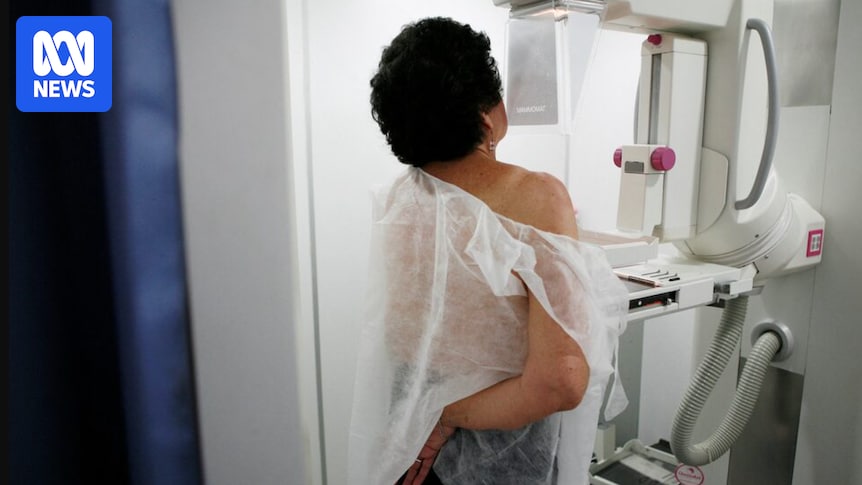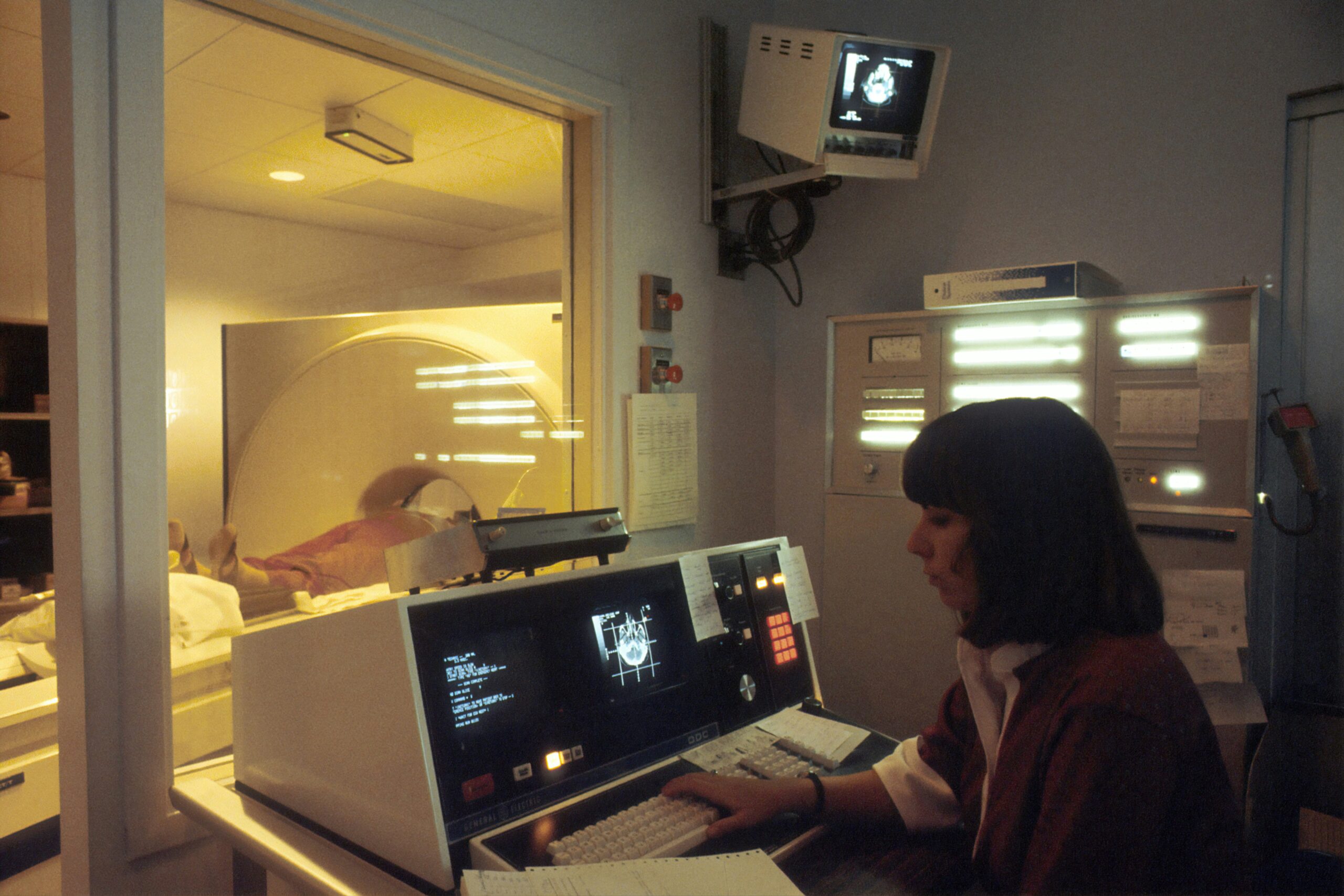
Data provided to Four Corners by Cancer Australia paints a concerning picture for young Australians. Between 2000 and 2024, diagnoses of early-onset prostate, pancreatic, liver, uterine, and kidney cancers in 30–39-year-olds have increased dramatically. While some increases, such as in prostate cancer, might be attributed to changes in diagnostic methods, most cannot be easily explained. This alarming trend underscores the importance of early cancer screening, which remains one of the most effective ways to detect early signs of cancer. Several national programs offer screening for eligible Australians, with some programs recently expanding eligibility to address rising cancer rates among younger Australians.
Screening programs are pivotal in the early detection of cancer, potentially saving lives by identifying cancers before they progress. This article outlines the eligibility criteria for various national cancer screening programs in Australia.
Cervical Screening
Women aged 25–74 can participate in Australia’s cervical screening program, which is conducted every five years. The cervical screen test checks for the human papillomavirus (HPV), a common virus that can cause cervical cancer. Participants have the option to self-collect or visit their GP for the test. Self-collection allows individuals to collect their own vaginal sample in a private setting, reducing barriers to participation.
Previously, self-collection was only available to those over 30 who had never participated in the National Cervical Screening Program (NCSP) or were overdue for screening by two years or more. Women are encouraged to discuss the most suitable screening option with their GP.
Bowel Screening
Individuals aged 45–74 are eligible for a free bowel cancer screening kit. The test targets those without symptoms, as bowel cancer can develop without noticeable early signs. Australians aged 45–49 can request a screening kit, which will be mailed to them, while those aged 50–74 receive a kit every two years.
The screening age was lowered from 50 to 45 last year due to increasing rates of colorectal cancer among Australians under 50. Those outside the age range can speak with their GP about Medicare-covered screening options. Kits are also available for purchase at pharmacies or online.
Breast Cancer Screening
Breast cancer screening is recommended for women aged 50–74 and should be repeated every two years. Eligible individuals receive an invitation for a free mammogram upon turning 50. Women aged 40–49 and those over 74 can also receive a free mammogram if asymptomatic, although they will not receive an invitation.
For women under 40, breast screening is not offered for free and is less effective. Those concerned about higher risk factors, such as family history, should consult their GP, who may recommend additional tests like a breast ultrasound or MRI.
Lung Cancer Screening
A national lung cancer screening program was introduced on July 1 this year. It screens high-risk individuals using low-dose computed tomography (CT) scans. Eligible participants are aged 50–70, asymptomatic, current smokers or those who quit within the last 10 years, and have a smoking history equivalent to a pack a day for 30 years.
Other Cancer Screenings
While prostate, ovarian, and skin cancers are common in Australia, no population-based screening programs exist for these cancers. The Australian Standing Committee on Screening has determined that the potential harms of widespread testing outweigh the benefits. Individuals with a family history of these cancers should discuss risk management with their doctor. Regular skin checks can be booked with a GP, and guidance on self-checks is available from the Australian Cancer Council.
General Advice and Next Steps
For those not eligible for free screenings but concerned about cancer, the Cancer Council advises monitoring for unusual body changes, such as lumps, persistent coughs, changes in toilet habits, or unexpected weight loss. These symptoms do not necessarily indicate cancer, but discussing any concerns with a GP is essential.
The National Screening Register provides program information and reminders, acting as a single electronic record for participants in bowel, cervical, and lung cancer screening programs. Registration is available online.
As cancer rates continue to rise among younger Australians, these expanded screening programs represent a critical step in early detection and prevention. Ongoing research and public health initiatives aim to understand and address the underlying causes of these trends.







